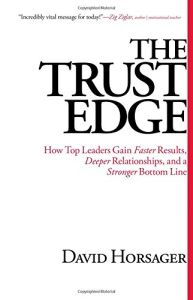
The Trust Edge
How Top Leaders Gain Faster Results, Deeper Relationships, and a Stronger Bottom Line
ISBN: 9781476711379
Pages: 368
Recommendation
Trust consultant David Horsager, also author of The Daily Edge, defines “trust” as a belief in a person or thing. He explains that trust indicates that a person or a product possesses inherent integrity, even in trying circumstances. Without trust, a business can’t forge new associations, retain employees, or enhance its customers’ regard for its merchandise or services. Horsager offers a thoughtful, practical way to understand why your ability to get others to trust you is your greatest business and personal asset. He enhances his argument with graphics, illustrations and strong formatting. getAbstract recommends this meaningful exploration of building trust to leaders, entrepreneurs, salespeople, HR managers and students of human nature.
Summary
About the Author
Writer, businessman, academic and entrepreneur David Horsager also wrote The Daily Edge. An adjunct professor of organizational leadership at Bethel University, he heads Horsager Leadership and studies and speaks on how trust affects performance.


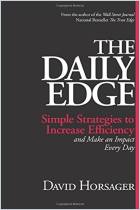
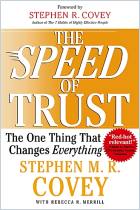
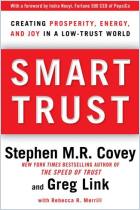
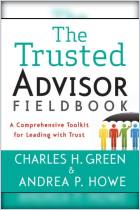
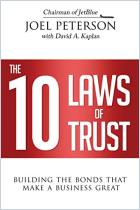
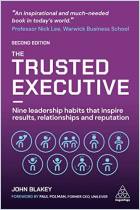
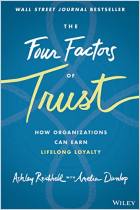






Comment on this summary